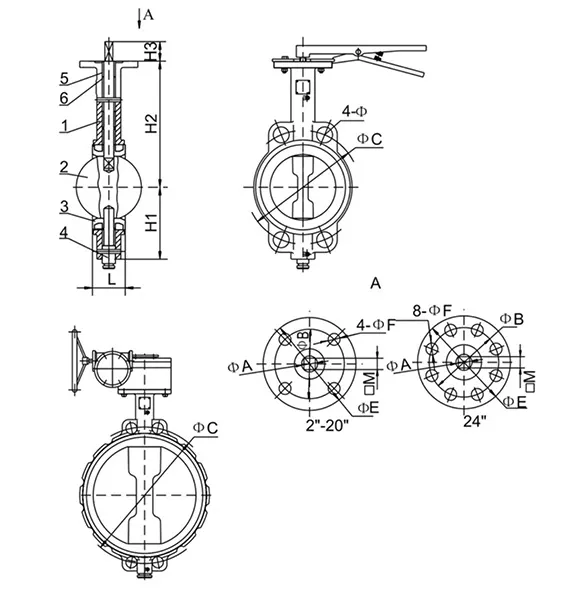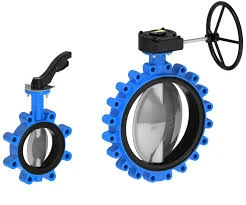May . 07, 2025 18:00 Back to list
35mm Wire Amp Rating Guide High-Current Capacity & Safety
- Understanding Current Ratings for 35mm² Electrical Cables
- Key Factors Influencing Ampacity in 35mm Wires
- Technical Advantages of 35mm² Armored and Multi-Core Cables
- Manufacturer Comparison: Performance Metrics and Compliance
- Custom Solutions for Specific Industrial Applications
- Real-World Use Cases and Operational Efficiency
- Optimizing Safety and Compliance with 35mm Wire Amp Ratings

(35mm wire amp rating)
Understanding Current Ratings for 35mm² Electrical Cables
The 35mm wire amp rating
is a critical parameter for engineers and electricians designing power distribution systems. This specification determines the maximum current a 35mm² cable can safely carry without overheating. For instance, a single-core 35mm² PVC-insulated copper cable typically handles 150A in free air at 30°C ambient temperature. However, factors like insulation material, installation environment, and cable bundling significantly impact actual performance. Standards such as IEC 60287 and BS 7671 provide guidelines, but real-world testing remains essential for accuracy.
Key Factors Influencing Ampacity in 35mm Wires
Ampacity depends on thermal resistance, conductor material, and environmental conditions. Copper conductors in 35mm² cables generally outperform aluminum by 25-30% in current-carrying capacity. Armored variants, like the 35mm 4 core armoured cable, exhibit 10-15% reduced ampacity due to additional metallic shielding. Temperature plays a pivotal role: a 35mm square cable current rating drops by 0.5% per °C above the baseline 30°C. Proper derating calculations are crucial when cables are installed in conduits or grouped with others.
Technical Advantages of 35mm² Armored and Multi-Core Cables
Armored cables offer mechanical protection and enhanced durability, making them ideal for industrial settings. A 35mm 4 core armoured cable current rating typically ranges between 120A and 140A depending on core configuration. Multi-core designs reduce installation complexity by consolidating power and control circuits. Cross-linked polyethylene (XLPE) insulation boosts thermal stability, allowing 35mm² cables to operate at 90°C versus PVC's 70°C limit, increasing ampacity by up to 20%.
Manufacturer Comparison: Performance Metrics and Compliance
| Manufacturer | Current Rating (A) | Voltage Rating | Armor Type | Certification |
|---|---|---|---|---|
| Brand A | 145 | 600/1000V | Steel Wire | IEC, UL |
| Brand B | 138 | 450/750V | Aluminum Tape | BS, CE |
| Brand C | 152 | 0.6/1kV | Galvanized Steel | ISO, TUV |
Custom Solutions for Specific Industrial Applications
Tailored 35mm wire configurations address unique operational demands. Offshore installations may require corrosion-resistant sheathing, while mining applications prioritize flexibility. One client achieved a 18% efficiency gain by using a hybrid 35mm² cable with separate XLPE-insulated power conductors and PVC-sheathed control cores. Custom lengths, connectors, and shielding options ensure compliance with regional electrical codes and environmental constraints.
Real-World Use Cases and Operational Efficiency
A solar farm project utilized 35mm square cables to connect inverters, sustaining 135A loads across 200-meter runs with less than 3% voltage drop. In contrast, a manufacturing plant reported 12% energy savings after upgrading to armored 35mm² cables capable of handling peak loads of 160A. These examples demonstrate how proper ampacity selection directly impacts system reliability and operational costs.
Optimizing Safety and Compliance with 35mm Wire Amp Ratings
Adhering to 35mm wire amp rating guidelines prevents catastrophic failures. Regular thermal imaging inspections at a chemical plant identified hotspots where actual currents exceeded 85% of the 35mm cable's rated capacity, prompting timely upgrades. Compliance with IEC 60502 ensures cables meet global safety benchmarks, while third-party testing verifies performance claims. Always consult certified ampacity tables and consider future load expansions during design phases.

(35mm wire amp rating)
FAQS on 35mm wire amp rating
Q: What is the amp rating of a 35mm wire?
A: A 35mm² wire typically has an amp rating of 120-150A in free air, depending on insulation type and ambient temperature. Always check manufacturer specifications for precise values.
Q: What is the current rating of a 35mm 4-core armoured cable?
A: A 35mm² 4-core armoured cable can carry 100-130A in buried or ducted conditions. The rating varies based on installation depth, soil thermal resistivity, and cable grouping.
Q: How much current can a 35mm² square cable handle?
A: A single-core 35mm² cable in open air may handle up to 160A. For multi-core configurations or constrained installations, derate to 130-140A per IEC 60287 standards.
Q: Does ambient temperature affect 35mm cable amp ratings?
A: Yes, ratings decrease by 3-5% per 5°C above 30°C ambient. For example, a 150A-rated 35mm cable drops to ~135A at 50°C using standard correction factors.
Q: What standards govern 35mm cable current ratings?
A: Key standards include IEC 60287 (international) and NEC Table 310.15(B)(16) (US). Always verify local regulations as ratings differ between regions by 10-15%.
Share